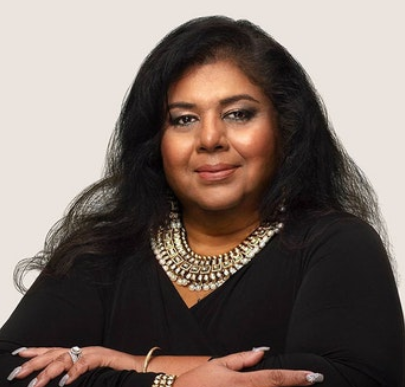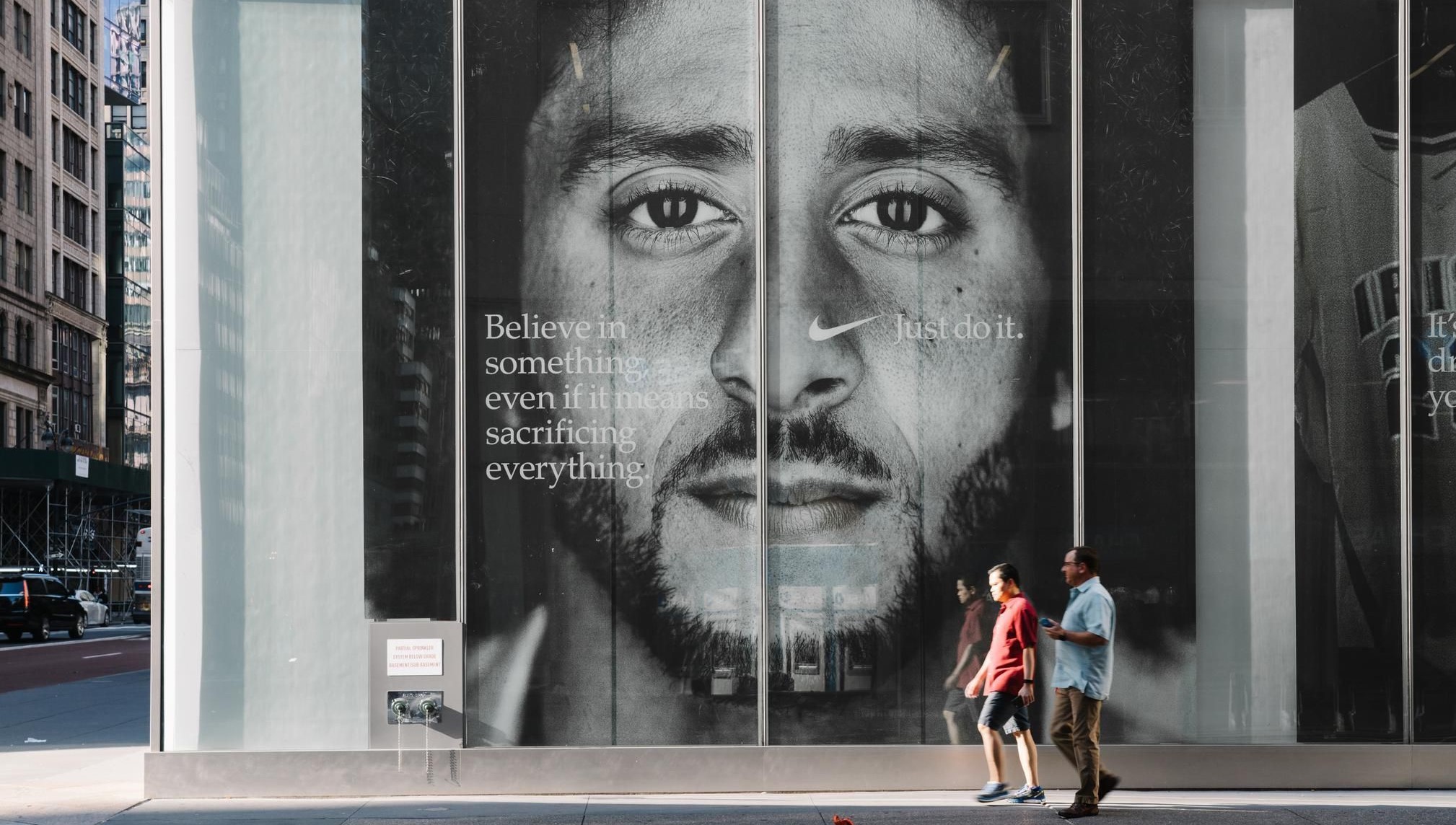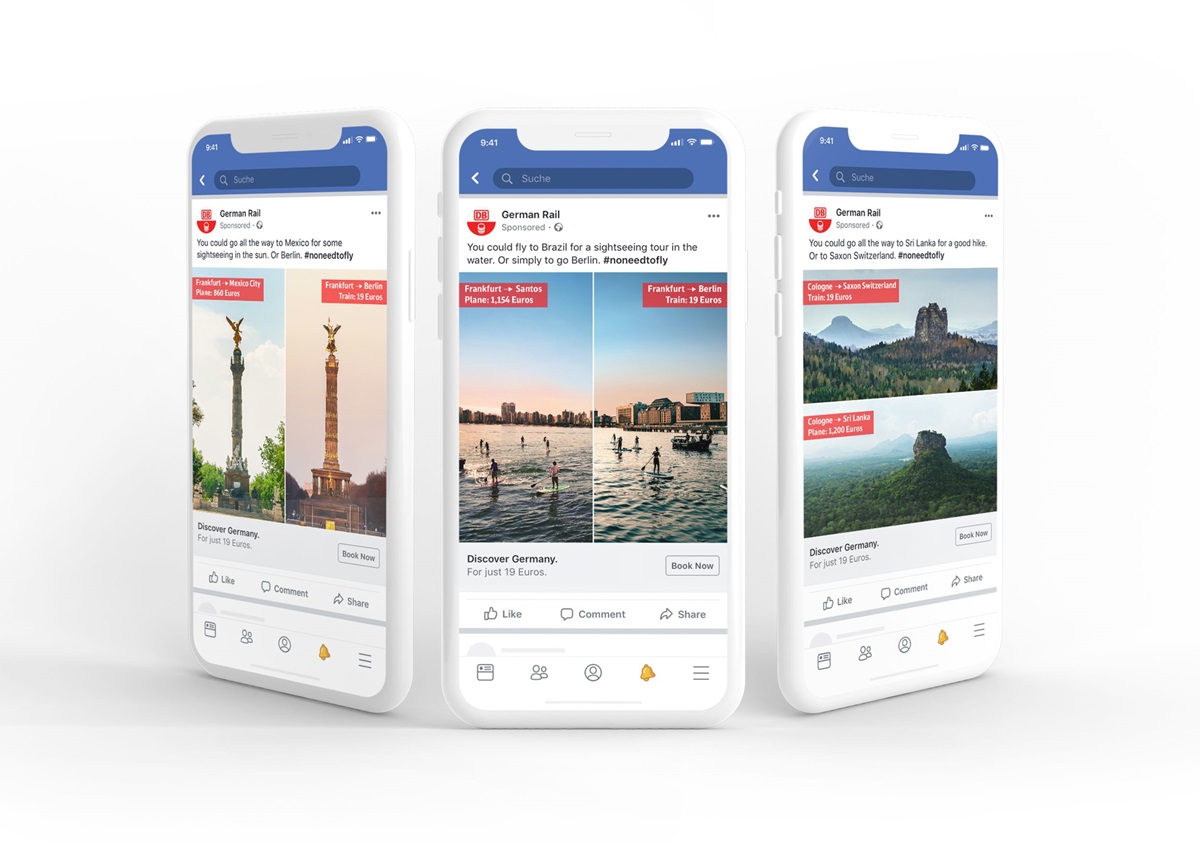Ann Mukherjee, Chairman and CEO at Pernod Ricard NA, was the Jury President of the 2021 Creative Effectiveness Lions. In an interview with WARC's Chiara Manco, she talks about why the jury awarded Nike the Grand Prix, themes from this year's winners and the importance of these awards for the industry.

Ann Mukherjee, Chairman and CEO at Pernod Ricard NA
What stood out to you about the Grand Prix winner, Nike’s Dream Crazy?
We as a jury defined the Grand Prix not to be the ‘best of the best’, but the work that defines the ‘next best’. We felt that Dream Crazy was the next chapter in advertising, helping the industry think about what's possible and redefining the roles brands can play in making a positive dent in the universe.
It’s also important to remember that Nike was actually solving a business problem around its relevance to younger consumers. This audience does not only want to buy brands, they want to buy into brands. Nike took a risk because it understood that’s what it took. With many of the award winners this year, we wanted to send a message to the industry that they should take a risk. A lot of these campaigns start with a business objective, but go on to change lives. It’s a virtuous cycle that we wish to see more brands embracing: touching lives is what makes people come to your brand and what drives loyalty.

What trends have you noticed among this year’s winners?
We saw some amazing cases that demonstrated how to leverage technology to create human intimacy. Some people believe tech is killing creativity, but it’s the opposite: technology can take creativity to a whole new dimension. In winners like Pernod Ricard and German Rail, we saw tech being used as a force multiplier, without taking away from the creative idea itself.
Another thing we noticed is that there are many small brands doing incredible work that rivals what the big global brands that we all know and love are doing. We were delighted to see such campaigns, and it was our job as a jury to bring them to the world.
What surprised you about the work?
Many papers showed us that effectiveness and creativity can come from all places in the marketing funnel. Not just at the top of it, where a lot of us spend our time and energy, but also in lower parts which may not sound as interesting or challenging.
Burger King just needed more downloads of its app: it was not a sexy brief, but it did a phenomenal job in driving creativity by using tech. Similarly, German Rail was about dynamic pricing and brilliantly used data to help Germans understand the beauty of their own country.

Why is it important to reward creative effectiveness?
In a performance-driven marketing environment, creativity is still the oxygen to growth. If we are to thrive as advertisers, we have to help our CEOs and CFOs understand that what we do as an industry is the heart of what drives profitable growth. We want them to look to creative effectiveness as the growth engine of a company or a brand, and put money behind it.
That’s why we need marketers to enter this category, taking this incredible work that has won for its creativity and showing the world how it was effective as well.
What’s your advice for those looking to enter next year?
Start with effectiveness first. People spend far too much time on the creative side. Tell us what the business objective was, then help us to understand how that idea addressed the objective in a way that was magnetic. Finally, expand on your results, make sure they tie back to your objective and discount other factors: tell us why it was your activity that drove them.
What have you learned from chairing this year’s Creative Effectiveness Lions jury?
This experience has reinforced my belief in what I consider a personal crusade of mine: making people outside the marketing world understand that building brands is not an activity or a luxury. If you don't have creativity, you will be disrupted. Ultimately, if we don’t all work together – creatives, agencies, clients, media owners –we are going to get disrupted as an industry.
This interview will appear in WARC and LIONS' report Insights from the 2021 Creative Effectiveness Lions winners, published on 5th August.

